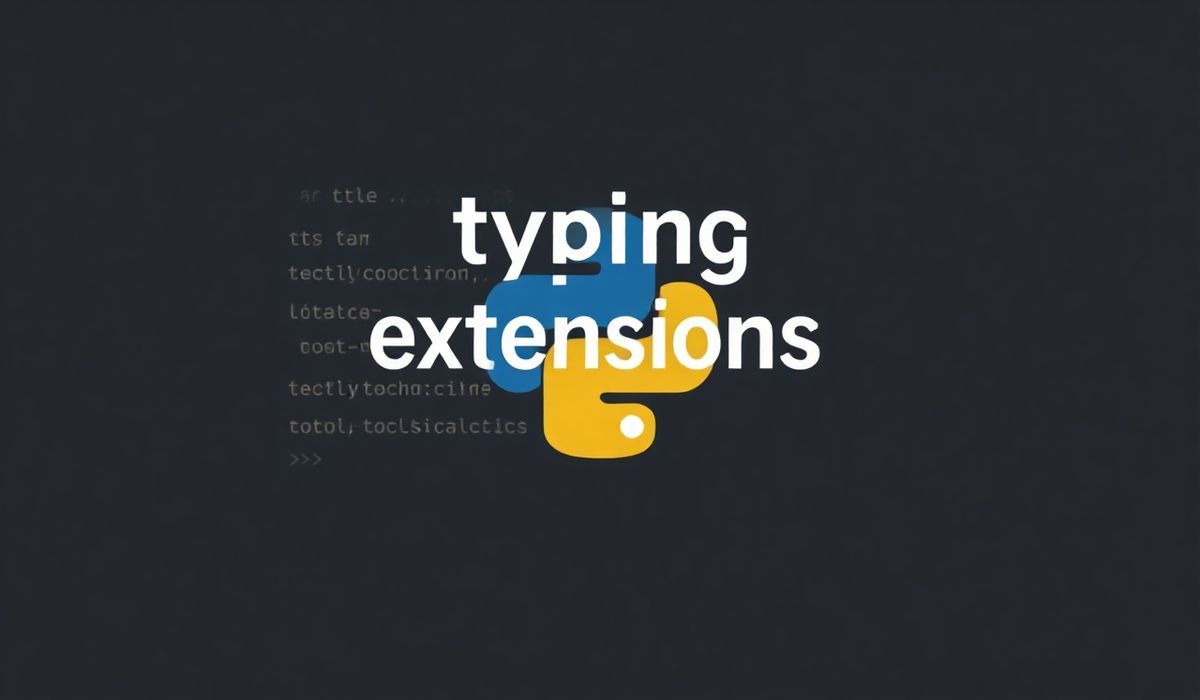Understanding Parse JSON and its Comprehensive APIs
JSON (JavaScript Object Notation) is a lightweight data-interchange format that is easy for humans to read and write, and easy for machines to parse and generate. In this blog, we will delve into the versatile parse-json module and explore its various APIs with examples. By the end of this article, you will have a good grasp of how to handle JSON data effectively using JavaScript.
Basic Usage of parse-json
The fundamental functionality provided by the parse-json module is to parse JSON strings into JavaScript objects. Here’s a simple example:
const parseJson = require('parse-json');
const jsonString = '{"name": "John", "age": 30}';
const obj = parseJson(jsonString);
console.log(obj); // {name: "John", age: 30}
Validating Parsed JSON
One of the notable features of parse-json is its ability to provide informative error messages when you encounter invalid JSON:
try {
parseJson('{"name": "John", "age": 30,}');
} catch (error) {
console.error(error);
}
Reviving JSON with Custom Functions
The parse-json module allows you to specify a reviver function that can transform parsed JSON values before they are returned:
const reviver = (key, value) => {
if (typeof value === 'string' && /^\d+$/.test(value)) {
return parseInt(value, 10);
}
return value;
};
const jsonString = '{"name": "John", "age": "30"}';
const obj = parseJson(jsonString, reviver);
console.log(obj); // {name: "John", age: 30}
Handling Date Strings
You can use a reviver function to automatically convert date strings into Date objects:
const dateReviver = (key, value) => {
const datePattern = /^\\d{4}-\\d{2}-\\d{2}T\\d{2}:\\d{2}:\\d{2}(.\\d{3})?Z$/;
if (typeof value === 'string' && datePattern.test(value)) {
return new Date(value);
}
return value;
};
const jsonString = '{"date": "2023-09-15T13:45:00Z"}';
const obj = parseJson(jsonString, dateReviver);
console.log(obj.date instanceof Date); // true
App Example Using parse-json
Let’s create a simple Node.js app that reads and parses JSON data from a file:
const fs = require('fs');
const parseJson = require('parse-json');
fs.readFile('data.json', 'utf8', (err, data) => {
if (err) {
console.error('Error reading file:', err);
return;
}
try {
const obj = parseJson(data);
console.log('Parsed JSON:', obj);
} catch (error) {
console.error('Invalid JSON in file:', error.message);
}
});
Save this code in a file named app.js, and create a data.json file with the following content:
{
"name": "John",
"age": 30,
"city": "New York"
}
When you run node app.js, the app will read the JSON file and parse its contents. If the JSON is invalid, you will receive an informative error message.
Using the parse-json module, you can handle JSON data efficiently with extensive error handling capabilities, making your code more robust and reliable.
Hash: a32cfdb62fa34af95583eef09d9207c614829f77fd2bdd49e7c0edd8271e34df




